By Mike Moen
Find Your Next Hunting Trip Here At HuntTheNorth.com
There is something about human nature that makes people appreciate perfection. A Major League pitcher captures the headlines when he pitches a perfect game. A first grader who answers all of her math questions correctly is rewarded with a big star on top of her test. Even the local bartender is sometimes held in high regards for producing the perfect martini. Why should it be any different when it comes to deer rifles? Through the years gallons of ink have been spilled by writers discussing this matter. Some followed the lead of Jack O’Connor who favored smaller calibers that tossed bullets at breakneck speeds. Others found themselves in the Elmer Keith camp favoring large calibers with heavy bullets and large wound channels. With the vast experience that these two men had, it is obvious that both knew what they were talking about, and both were right. In fact, there are very few poor deer rifles. If someone really wanted to, they could spend their entire hunting career shooting at mulies and whitetails with a 375 H+H and probably never be disappointed. The same could be said for a 243 Winchester, which lies on the other end of the spectrum. However, not many people would view either of these guns as “perfect” for deer.
The first step in building the perfect rifle is to decide what the gun will look like. While levers, pumps, and semi-auto loaders have their place, few would disagree that the bolt action is king. Overall the bolt action is more accurate, and is available in more factory rifles than all the others combined. Where I hunt in northern Minnesota, the lever action 30-30 has always been one of the most popular choices for folks heading to their deer stands. With most shots held under 100 yards by the thick vegetation, a lever gun shooting flat nosed bullets is plenty good for dropping deer in their tracks. That same gun, however, might feel a little outmatched trying to reach across 300 yards of Wyoming prairie after a distant mule deer. A bolt action rifle would be at home under both conditions.
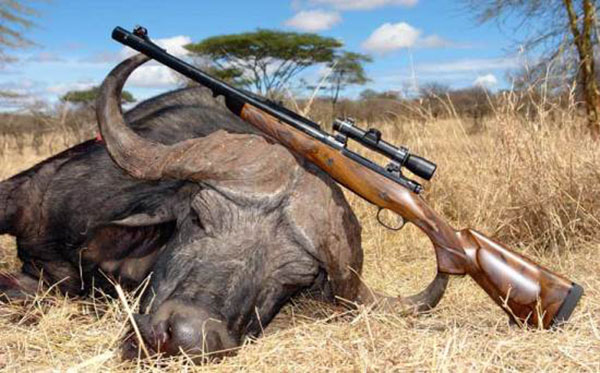
Barrel length is also something that needs to be considered. A short barrel tends to be more maneuverable and can result in a quicker shot in heavy brush at running game. Short barreled guns are also usually lighter, which can be a blessing if hunting in rugged or steep country. The payoff, though, is a loss of velocity and stability. A lighter gun can make it harder to hold the cross hairs steady, and the difference in velocity for some guns can be over 50 feet/second for each inch of barrel lost. A rifle wearing a 26″ spout will generally give out higher velocities, but may make snap offhand shooting a chore. When talking about deer rifles, I feel that a 22″ barrel is a good compromise. A barrel of this length will utilize most of the ballistic potential of any of the popular deer rifle chambering, and will still slide nicely through the trees.
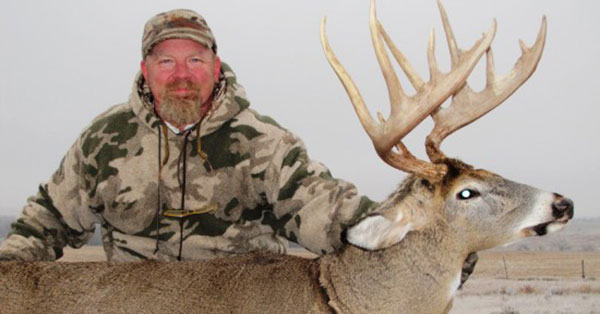
So let’s see, so far we have a bolt action wearing a 22″ barrel. The next step is to figure out what round our perfect deer rifle will be chambered for. This is probably the topic that gets the most attention, and has sparked the most campfire arguments. Personal favorites can run the spectrum from the light 250 Savage or 243 Winchester, all the way up to the various supercharged 30 caliber magnums and beyond. Across the country the 30-06 is probably still the most commonly used round for harvesting deer, and there is little doubt that it is a very effective deer round, but I’m going to go out on a limb here and say that I don’t think it’s the perfect chambering for a deer rifle. It’s just a little more punch than what’s needed. Why should someone put up with useless recoil when there are other rounds that will get the job done with less punishment to our shoulders? Staying in the 30 caliber family and taking a step down is the 308 Winchester which is an excellent choice for deer. Mated with a 165 grain bullet and a muzzle velocity around 2700 feet/sec, it is a great choice for any deer hunting out to most sane distances. It also has the benefit of numerous factory loadings, and finding a load that shoots well is usually not a problem.
An argument can also be made for going smaller by looking at a couple of 25 caliber rounds. The 25-06, which is a former wildcat based on the 30-06 case and made legit by Remington, has gained a reputation as the perfect antelope round, but the characteristics that make it great for pronghorn also make it great for deer hunting. With a 100 or 115 grain bullet flying along a string tight trajectory, it produces deadly results out to long ranges, but has very mild recoil when compared to larger calibers. It is also a fairly popular round so is offered in quite a few factory loadings. The other 25 caliber is the antique 257 Roberts. Even though this round has been with us for many years, it has consistently proven itself a deer slayer. Jack O’Connor was a fan of the Bob, and in the gun world, there is no larger endorsement than that. While the 257 Roberts doesn’t have the speed of some of the other rounds, it still carries plenty of punch for deer out to at least 250 yards, and does so with pleasant recoil. The drawback to this round is that finding rifles chambered for it can be tough. There are only a few factory rifles available now that carry the Roberts, and factory ammo is limited, but if you can find a gun chambered for the Bob and especially if you hand load, the 257 Roberts would be a great choice.
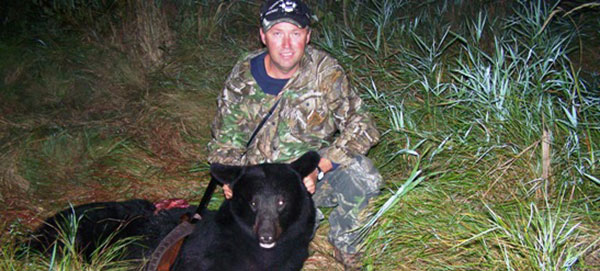
For my perfect deer rifle though, I would probably choose a 7mm-08 Remington. This round came about by necking down a 308 Winchester case to accept 7mm bullets. When it comes to deer hunting, this round offers everything a person needs. The trajectory is flat enough to be effective for long range shooting out west, and with a 140 grain bullet is still carrying around 1500 ft/lbs at 300 yards, which is more than enough to take care of any deer. At the same time, it’s not too overpowering up close at woods ranges like some of the larger 7’s and 30 calibers tend to be. It does everything that some of the more powerful rounds can do, but with its mild recoil in most guns, it won’t kick you like a mule. With the popularity of this round, finding a rifle chambered for it is not a problem, and there is a good variety of factory ammunition to choose from if you’re not hand loading. Now if you are a 270 Winchester fan, you’re probably shaking your head and wondering how I could ever pick another round over Jack O’Connor’s favorite. Well, I will admit that the 270 is a great round but when only talking about deer hunting, I stand by my choice of the 7mm-08. To me it just seems perfect.
So there we have it, a bolt action rifle with a 22″ barrel chambered for the 7mm-08 Remington. My version of the perfect deer rifle for hunting across the country. With this rifle a person could chase deer from the depths of a south Georgia swamp all the way to the peaks of a Montana mountain range and never skip a beat. Sure, there are a lot of other guns that could do the same thing, but in my opinion, they wouldn’t be perfect.
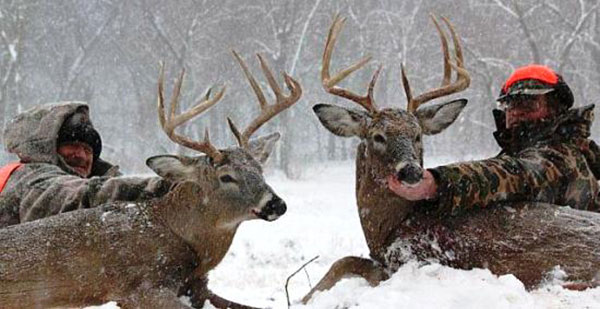
Find Your Next Hunting Trip Here At HuntTheNorth.com
Colorado Elk Hunting Guides | Iowa Deer Hunting Guides | Kansas Deer Hunting Guides | Kentucky Deer Hunting Guides | Minnesota Bear Hunting Guides | Montana Deer Hunting Guides | Nebraska Deer Hunting Guides | North Dakota Deer Hunting Guides | South Dakota Deer Hunting Guides | Wisconsin Bear Hunting Guides | Wyoming Deer Hunting Guides | British Columbia Moose Hunting Guides | Ontario Moose Hunting Guides | Saskatchewan Moose Hunting Guides

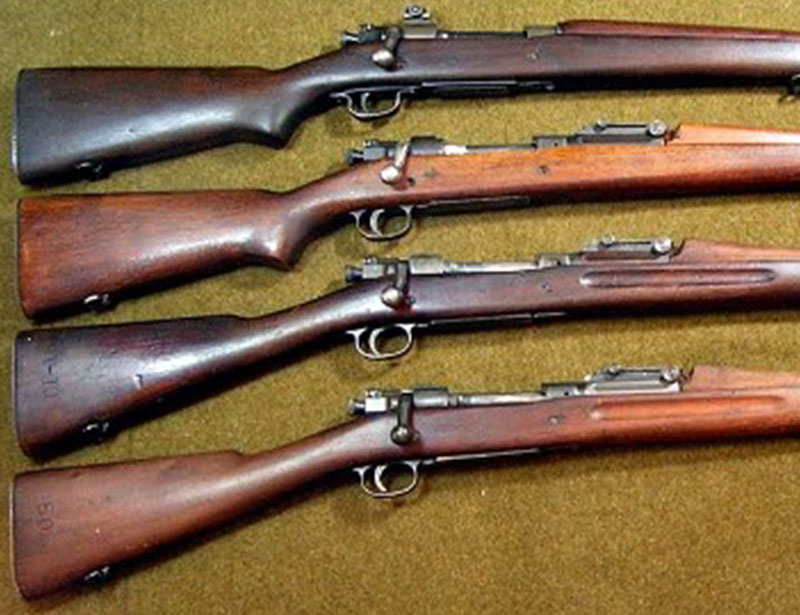
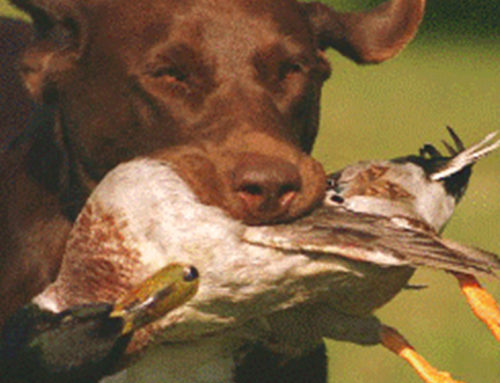

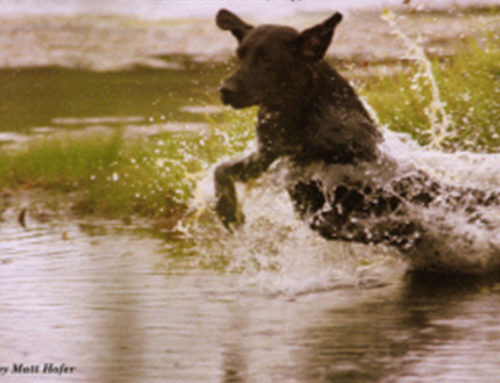
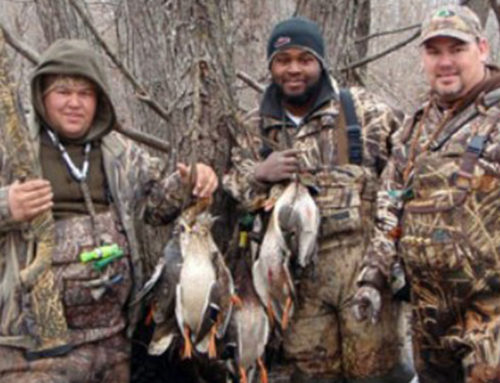
Leave A Comment